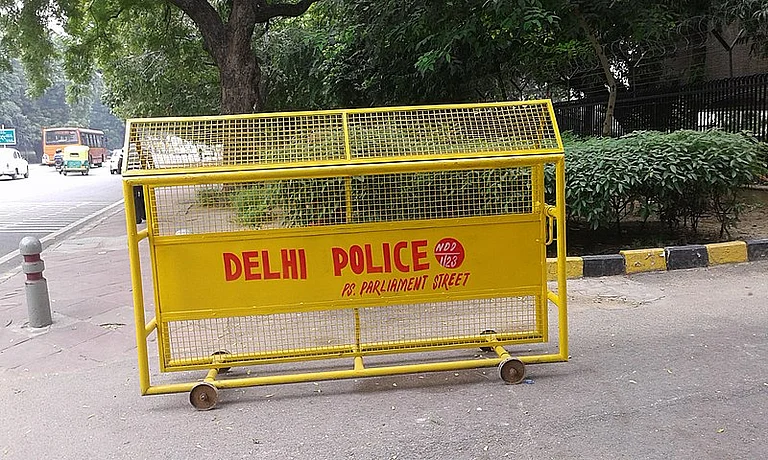That Penguin India after years has brought out a volume of Indian English poetry is gratifying, and I opened Posthumous Poems (a misleading title, for Surendran is quite alive) with hopeful curiosity. The poems don't disappoint " they are clearly good, thematically tough " but they refuse to strike high notes. Perhaps this results from their restlessness, of which the poet may be unaware, with their own, to me, uneasy minimalism. The poems constantly wish for a larger terrain, but they remain held in check by an even-tempered manner. Surendran, aesthetically, is not a risk-taker. Thus, despite his temperamental control, and his felicities of tone, I am unable to fall in love with these poems.
I will elaborate:
Prepositional phrases of the 'unbearable lightness of being ' sort crop up throughout. In a language like Urdu, and I suspect other Indian languages, such phrases work near invisibly. But in English they may remain inert. In Posthumous Poems, they seem merely decorative; they don't push the lines into inevitable discoveries. For example, Goal Keeper,' in many ways an excellent poem, offers this lovely moment:
'Under the crossbeam, I sink
On knees of water. '
But the tactile pleasure of that image is diluted, in the same stanza, by 'a wreath of sudden pain ' and 'Monarch of empty air ' and, in the next, by 'a whiff of eternal loss. ' (Pound warned us long ago against 'dim lands of peace. ' ) Such phrases, which, to me, reveal the poems' need to move beyond minimalism, undercut Surendran's emotional toughness. Perhaps some desperation is in order? I suggest doses of Gerard Manley Hopkins, Wallace Stevens, and Hart Crane.
Our poetry in English (I refer to the better examples) has had enough 'dry ' minimalism of a William Carlos Williams kind " an excellent corrective to the facilely 'profound ' of earlier decades " but the time's ripe (and Surendran's volume unwittingly testifies to this) to start trusting the ecstatic impulse, especially because we're now sufficiently trained (my fingers are crossed) to spot the phony in our literary English. So when I see gifts, such as Surendran's, I root for the poet to go further. We, the poets, have been left behind by the fictionists, when it should've been the other way around. We don't need realism (which, as Rushdie says, can break a writer's heart). We need magic. When Surendran's 'largeness ' is merely in the assertion of his subject's importance, I long for the 'largeness ' to be in the performance of the language. His endings, in particular, smack of a quick, neat shutting-off.
Let's look at Interview,' a fairly typical poem in this volume. It is, despite its relatively predictable moves, sustained very well. (By 'predictable, ' I mean that too many contemporary poems " open any British, North American, Australian or Indian journal " justify themselves in a declarative mode with little syntactical ambition, offering small narratives that arrive at some 'meaningfully ' flat ending. To me an aesthetic dead end because it is unselfconscious, an inherited habit.) To get back to Interview': The poem, as I said, is sustained very well. But when it ends with
'someone
At the door banging,
Not believing, '
the flatness leaves one not with an epiphany but a forced moment, a gesture. Interview' needed to stay with itself a bit longer to uncover revealing depths and thus distinguish itself from other poems in a similar mode.
Lest I sound too stringent, let me underscore that Surendran is genuinely gifted. So I will hope that in a few years he will produce not just a good volume which Posthumous Poems definitely is " but a memorable, even riveting, one. He has the power and the intellectual subtlety to write poems with which we could fall in love. Here's one called Elusive' that bears the hint of one such:
'There's a face I look for everywhere,
Serene and still,
A blur of lines forming and dissolving,
Always a little beyond my vision.
Like someone you knew to her last hair
From long ago, glimpsed as the hours darken
Between the chimes of two different clocks.
Or just like a missed beat,
Before the street band carried her
Into the fluorescent crowd of the neon-night.
Or the pond envying the park's green
Whose water I part with running fingers
And see
That face flowering
And the next instant fade,
Become remote fragance again.'


























